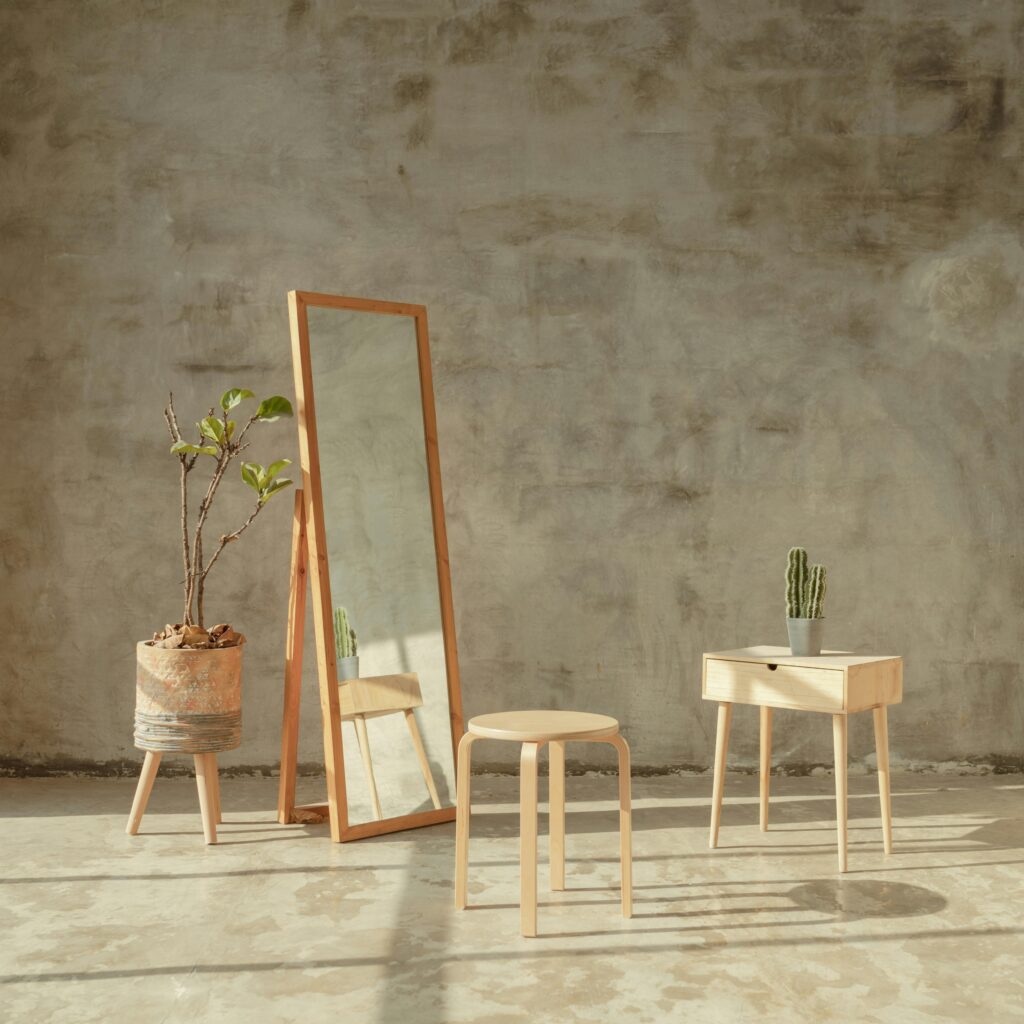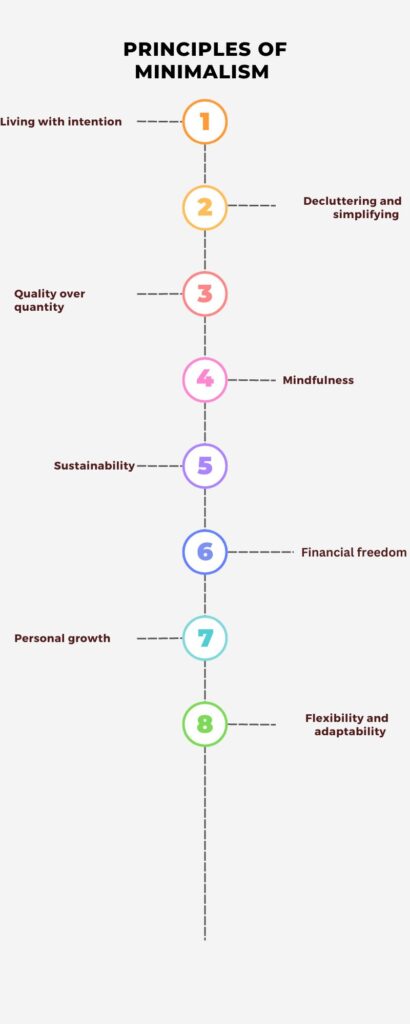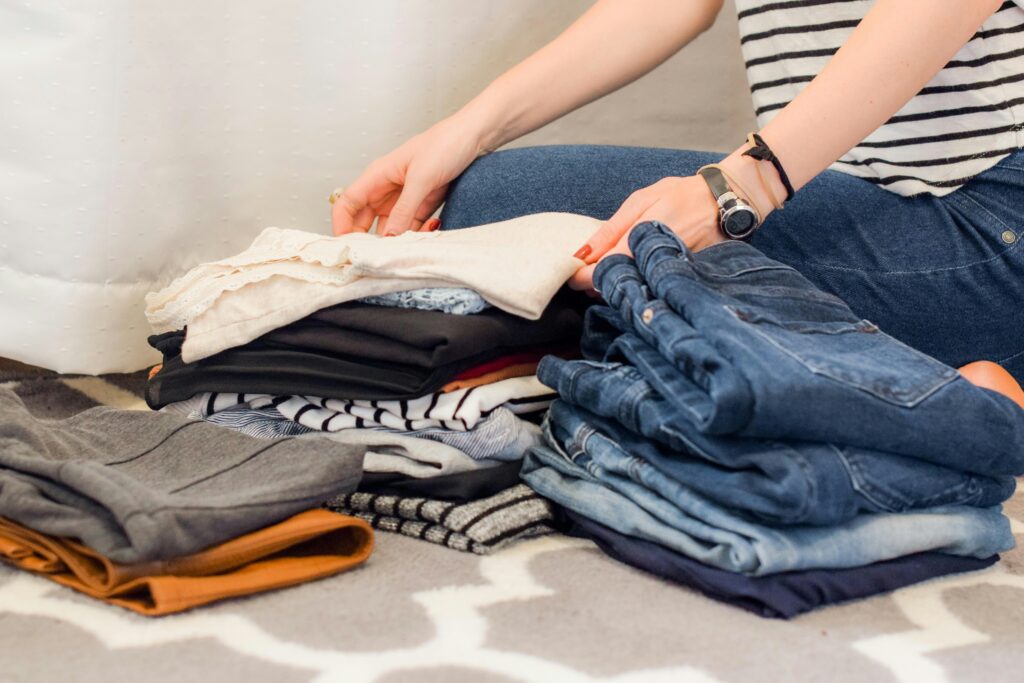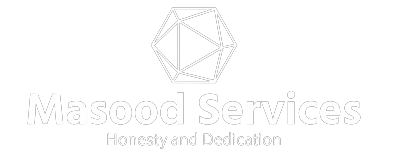Minimalist Living: How to Simplify Your Life
- Home
- Minimalist Living: How to Simplify Your Life
Jul 04 2024
Minimalist Living: How to Simplify Your Life

Origins and Brief History of Minimalism


1. Living with Intention
2. Decluttering and Simplifying
3. Quality Over Quantity
4. Mindfulness
5. Sustainability
6. Financial Freedom
7. Personal Growth
8. Flexibility and Adaptability
Benefits of Minimalist Living

Mental and Emotional Health Benefits
Here are ways minimalism can help declutter your mind
- Reduced Stress: Visual and mental distractions are significant causes of stress. A clutter-free environment can help reduce stress levels.
- Increased Focus: Clear surroundings make it easier for people to concentrate and be more productive.
- Emotional Clarity: Focusing on what truly matters helps to promote a sense of peace and contentment.
- Enhanced Well-being: Prioritizing meaningful items and experiences increases happiness and life satisfaction.
Physical Health Benefits
Let’s have a deep dive into the physical benefits of minimalist living:
- Cleaner Living Spaces: A minimalist home is easy to clean and maintain, creating a healthier living environment.
- Improved Sleep: Sleep hygiene affects sleep quality, and a tidy, uncluttered bedroom helps to promote better sleep.
- Increased Physical Activity: Having fewer items means you have fewer things to maintain, freeing time for physical activities and hobbies.
- Better Nutrition: Imbibing the principles of minimalism at heart would help you make simpler and healthier food choices.
With less physical clutter, thinking clearly and making minor daily and major life decisions will be easier.
Financial Benefits
Here are ways minimalist living leads to financial savings:
- Reduced Spending and Increased Savings: Avoiding unnecessary purchases will free up funds to direct towards savings and investments.
- Debt Reduction: Spending less and saving more reduces your likelihood of getting into debt while paying off existing ones.
Adopting a minimalist lifestyle often leads to more mindful spending habits, resulting in significant financial savings over time and helping you achieve financial goals more quickly.
Environmental Impact
Here is why minimalist living is good for the environment:
- Less Waste and Carbon Footprints: Owning and consuming less reduces waste, pollution, and energy consumption.
- Support for Ethical Practices: Using only high-quality items promotes more responsible manufacturing practices and supports ethical brands.
Minimalism naturally leads to reduced consumption, which means less demand for resources and energy.
Steps to Adopt a Minimalist Lifestyle

1. Start with Your Why
2. Start Small
3. Declutter Thoroughly
4. Create Your System
5. Make Adjustments To Your Wardrobe
6. Track Your Purchases
7. Practice Mindfulness
8. Limit Digital Distractions
9. Prioritize Experiences
Here’s What People Who Have Embraced Minimalism Are Saying About The Lifestyle:
“Nowadays, too many people are in debt, depressed, and with too many distractions and too much noise but little meaning. When you give less meaning to possessions, you eventually feel true freedom.”
“I observed that more stuff made me less happy. What made me happy were not things but experiences.”
Conclusion

Quick Link
Office Address
- contact@masoodservices.com
- 1st Floor, C Block, Building no. 215 GTB Nagar, Kareli Allahabad, UP, India
- +91 9696558312

Leave A Comment